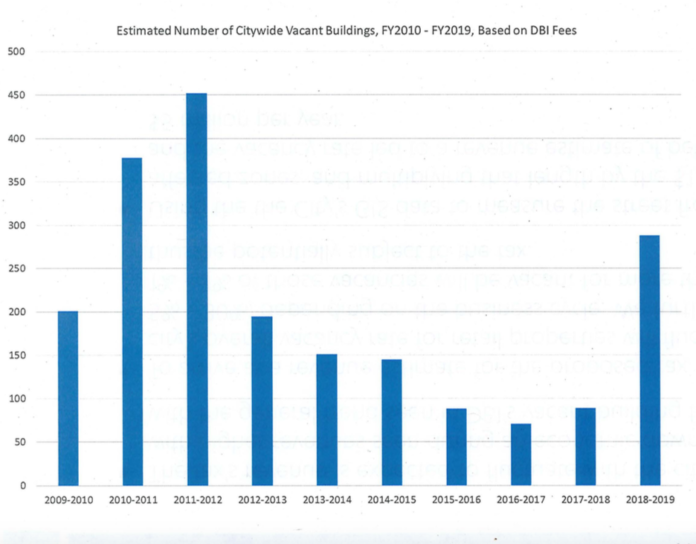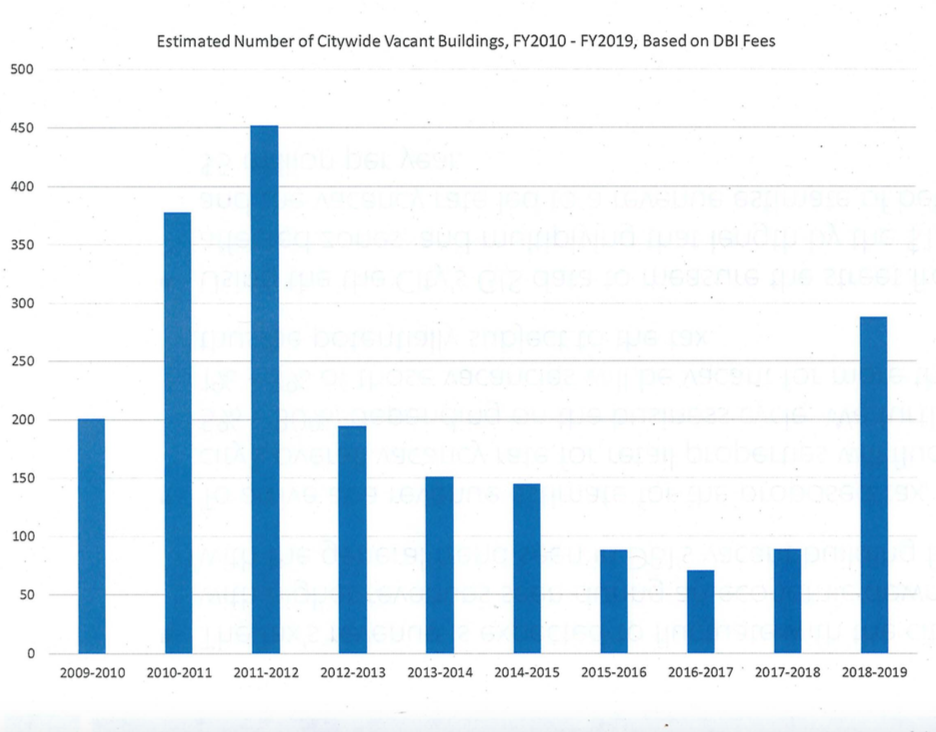
For the first time in at least my 37 years of covering city politics – and possibly much longer – a lawyer who has spent a career representing real-estate developers has been nominated to serve on the Planning Commission.
If Sue Diamond is approved by the supes this week, she will be in a position to help choose the next planning director.
Diamond’s resume states that she has spent the past 28 years
managing the permitting process for some of the largest and most complex real estate projects in San Francisco and the Bay Area(e.g. high-tech and biotech campuses, alternative energy, downtown office buildings, industrial projects, gas wells, assisted living, mixed use) and advising large companies expanding nationally on site acquisition and permitting strategies.
(Gas wells? In the Bay Area? I didn’t know there were any.)
She has a master’s in urban planning from MIT and a law degree from Harvard. She clearly has experience – promoting development.
“We have never, never, had a development attorney on the Planning Commission,” Sue Hestor, who has represented community groups before that panel for more than four decades, told me.
The choice of the next planning director will be huge. Under the outgoing director, John Rahaim, the department was all about facilitating growth and development, no matter what the consequences to vulnerable communities. Activists are calling for a new director who has an understanding of economic equity– but the final decision will be up the commission and Mayor London Breed.
“We are concerned that this candidate doesn’t represent the equity framework,” Jon Jacobo, vice-president of Calle 24, the Latino Historic District, told me. “She has not reached out to any of the communities of concern.”
Diamond’s nomination goes before the Rules Committee Monday/18 at 10am, and will come to the full Board Tuesday/19.
Some activists are pushing the supes to reject the nomination – in part because that would keep Diamond from participating in the hiring decision. But there’s always the danger that if the board won’t accept this nominee, the mayor will come up with someone even worse.
The full board will also consider putting on the March 3 ballot a measure that would impose a new tax on vacant commercial storefronts. It’s an attempt to address a growing problem in some neighborhoods, including North Beach, the Castro and the Mission: Property owners are evicting tenants or refusing to renew leases at any reasonable rent and then leaving the place empty.
Some may be waiting for rents to go up even higher, and some may be hoping that they can get the rules changed to allow more chain stores that will pay higher rent.
The city economist says that it’s partly because of the decline of brick-and-mortar retail – but I am hearing constant stories about small businesses that are getting force out with huge rent hikes that would be thrilled to have a place to go. So I don’t think it’s a lack of demand.

“Some landlords have unreasonable expectations of the value of their property and the rent they should get,” Sup. Aaron Peskin, who is sponsoring the bill, told me.
He mentioned Caffe Sapore, which has served North Beach for 23 years, and just lost its lease. The owner, he said, looked into the numerous empty storefronts in the area, “and he can’t afford any of them,” Peskin said.
The bill, cosponsored by Sup. Hillary Ronen, would tax the owner of any storefront that is empty more than 182 days a year. The tax would start at $250 a linear foot of street frontage and after three years go up to $1,000. (Since a typical commercial storefront is about 25 feet, the annual tax on long-term vacancies could reach $25,000 a year – enough to encourage landlords to sign reasonable leases.
“This,” Peskin said, “is long-overdue commonsense policy.”
The Budget and Finance Committee considers Wed/20 legislation that would create an Office of Emerging Technology to consider regulations for the next generation of Uber, Lyft, Airbnb, robots on the sidewalks and whatever other tech concepts that have the potential to make the city worse off for everyone except the investors.
It’s something the city has been missing for years. Airbnb caught San Francisco by surprise. The city let Uber and Lyft operate illegally for years. Suddenly we have scooters all over the sidewalks, and robot delivery vehicles on their way, and who knows what else Big Tech will foist on us in the next few years.
So the idea of this office is to get ahead of the regulatory game and set rules in advance – to make the new ventures seek permission, not forgiveness. If the office is competent and aggressive – that is, if it is on top of the new trends and makes sure nothing happens in the city that will impact the residents and businesses without getting vetted – it could make a huge difference.
A progressive neighborhood group called D4ward, formed in the Sunset in the wake of Sup. Gordon Mar’s victory last year, is holding a forum Wednesday/20 on housing – and specifically, on SB 50, Sen. Scott Wiener’s deregulation bill. Speakers include Dyan Ruiz and Joseph Smooke of People.Power.Media, Ozzie Rohm of the SF Land Use Coalition, and Mar. 6:30pm, Lycee Francais, 1201 Ortega.


